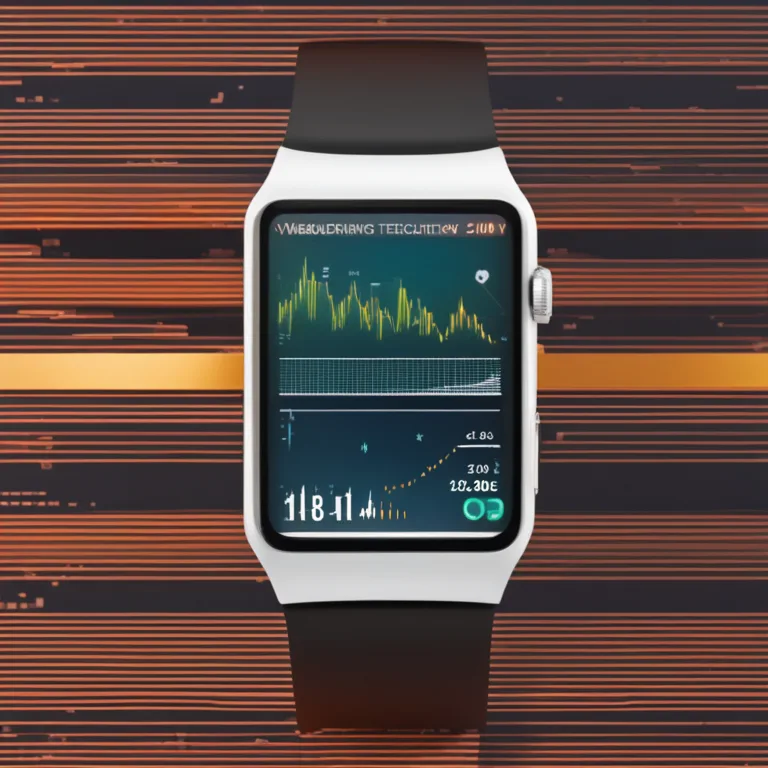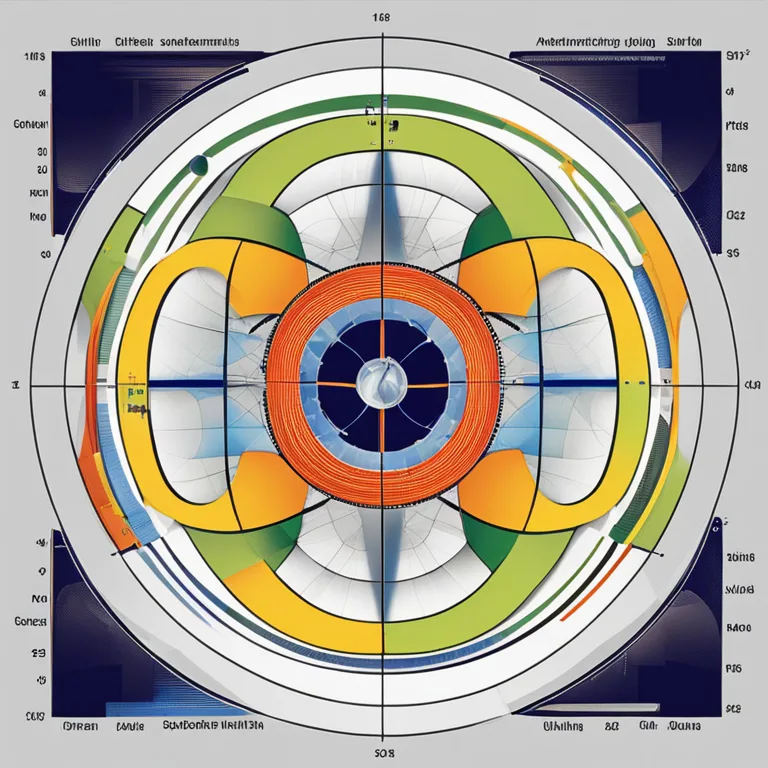
The Biorhythm Debate: Evaluating Their Effectiveness
Are biorhythms a credible method for predicting life's ups and downs? Dive into the science and skepticism behind this intriguing concept.
article by Adrian Wallace
Introduction to Biorhythms
Biorhythms propose an intriguing concept: our lives are influenced by natural mathematical cycles affecting our physical, emotional, and intellectual well-being. Once believed to sync with the rhythms of the universe, they are said to forecast periods of prowess or vulnerability. This notion gained popularity in the 1970s and has since been a topic of both intrigue and skepticism. With advances in science and technology, especially in the realm of personal health tracking, the question of their efficacy is more relevant than ever. But do these rhythms stand the test of empiricism or veer more toward pseudoscience?

The Scientific Perspective
Mainstream science tends to be skeptical of biorhythms' legitimacy. This skepticism is rooted in the lack of empirical evidence that unequivocally supports the theory. Controlled studies conducted until now have not found consistent patterns to corroborate the biorhythm theory. Scientists argue that human biology is immensely complex and suggest that the simplicity of biorhythm cycles does not adequately account for this complexity or the influence of external factors on our well-being.

Advocates for Biorhythms
Proponents of biorhythms, however, point to anecdotal evidence and the subjective experiences of individuals who claim to have felt the influence of these invisible cycles. They argue that personal testimonies and the correlation between biorhythms with individuals' peaks and troughs in performance and mood could hint at an underlying truth in the theory. Some even believe that, as we progress technologically, new methods to measure and validate biorhythms will emerge.

The Role of Technology
In an era where wearable technology is capable of tracking our health metrics with increasing precision, the idea of monitoring biorhythms is regaining attention. Apps and devices that purport to measure our physiological states tout the ability to predict our biorhythmic cycles. Yet, these technologies often face criticism for their lack of scientific validation and for potentially misleading users. As of 2024, technology has yet to provide concrete evidence that biorhythms influence our daily lives in the manner proponents suggest.

Psychological Effects
The placebo effect cannot be overlooked when discussing the perceived effectiveness of biorhythms. People who passionately follow their biorhythmic predictions might experience psychological benefits simply from their belief that the cycles are real. This mindset can lead to self-fulfilling prophecies, wherein adherents attune their decisions and behavior to align with predicted cycles, inadvertently affecting their own outcomes.
Future Research and Discussion
As we move further into the future, the onus lies on both the scientific community and biorhythm enthusiasts to explore this phenomenon in greater depth. A multidisciplinary approach could be valuable, incorporating advances in chronobiology, psychology, and biofeedback. Such collaborative research might provide more definitive answers about the relevance and possible application of biorhythms in our lives – or lack thereof.
Final Thoughts
Despite being a fixture in certain wellness and self-improvement circles, biorhythms have not been validated by the wider scientific community. They remain an interesting concept rooted more in spirituality and personal belief than in science. Whether future discoveries will shift this perspective lies in the realm of possibility, but for now, individuals seeking to understand and enhance their lives should approach biorhythms with a critical mind and an understanding of the balance between evidence and belief.
Published: 12/28/2023
Modified: 12/28/2023
More predictions
Come back here soon to learn more about yourself and your future


Biorhythm Compatibility & Birthdays
Discover the intriguing connection between your birthday biorhythms and relationship harmony in our insightful article.


Biorhythm Compatibility: Fact Or Myth?
Explore the concept of biorhythm compatibility to discover if there's a real connection between our biocycles and relationship harmony.


Biorhythms In Humans Explored
Exploring the concept of biorhythms and their influence on human behavior and physical states.